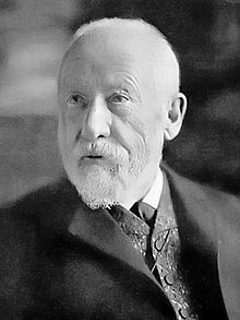
Publication details
Publisher: Springer
Place: Berlin
Year: 2010
Pages: 267-290
Series: Archimedes
ISBN (Hardback): 9789048135394
Full citation:
, "Social science between neo-Kantianism and philosophy of life", in: Historical perspectives on Erklären and Verstehen, Berlin, Springer, 2010


Social science between neo-Kantianism and philosophy of life
the cases of Weber, Simmel, and Mannheim
pp. 267-290
in: Uljana Feest (ed), Historical perspectives on Erklären and Verstehen, Berlin, Springer, 2010Abstract
In recent years, a group of social scientists have credited Wilhelm Dilthey with the status of a "classical sociological theorist" (Bakker 1999) and a key figure with regard to the establishment of the social sciences since the last decades of the nineteenth century.1 Such evaluations stand in distinct contrast to Dilthey's reputation as a firm critic of sociology on the one hand and his dubious standing within his proper field, philosophy, on the other, where he is perceived as a failed epistemologist. Generally, his influence on social and cultural science is associated with his notion of Erleben and understanding as fundamental categories for the interpretive sciences and their unique relatedness to their particular subject. On the basis of this starting point, he eventually established a division between Verstehen and Erklären and, correspondingly, human and natural sciences.
Cited authors
Publication details
Publisher: Springer
Place: Berlin
Year: 2010
Pages: 267-290
Series: Archimedes
ISBN (Hardback): 9789048135394
Full citation:
, "Social science between neo-Kantianism and philosophy of life", in: Historical perspectives on Erklären and Verstehen, Berlin, Springer, 2010




